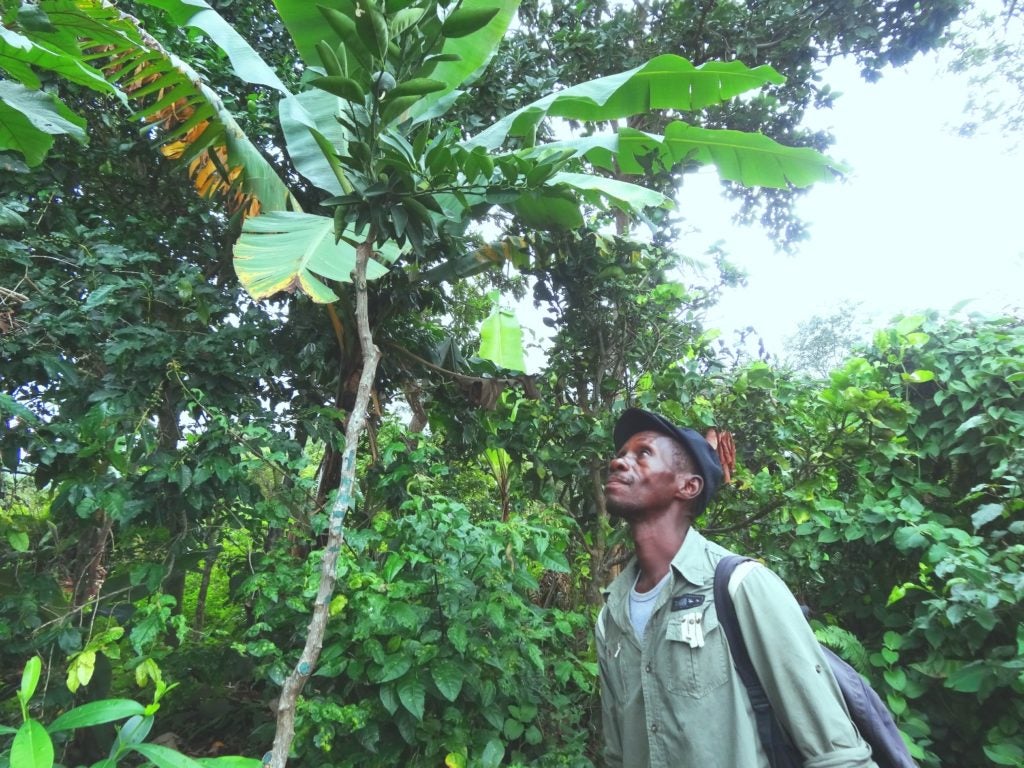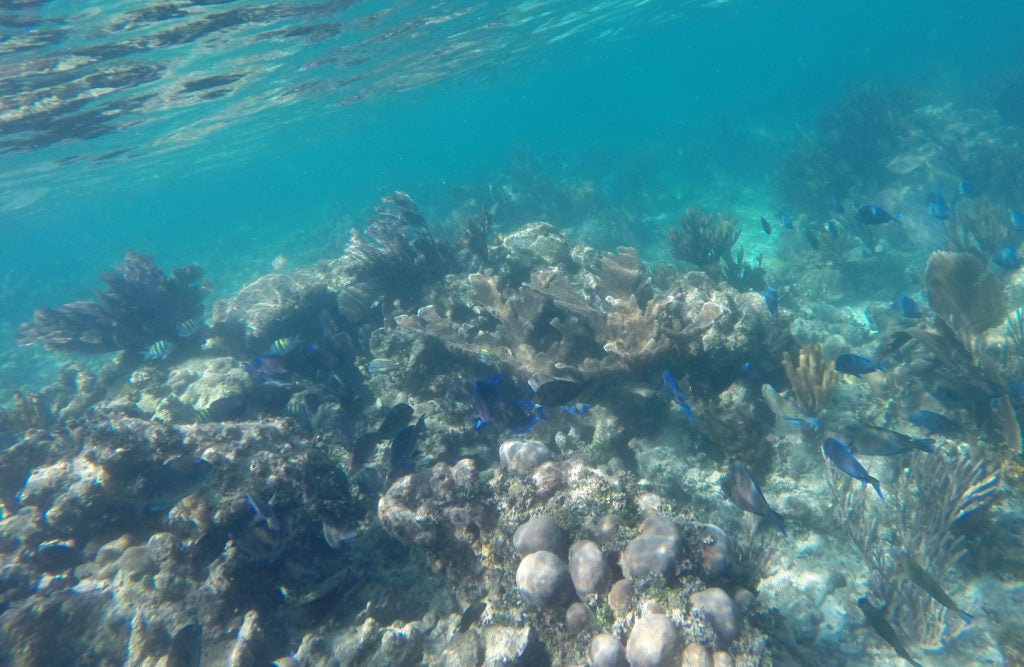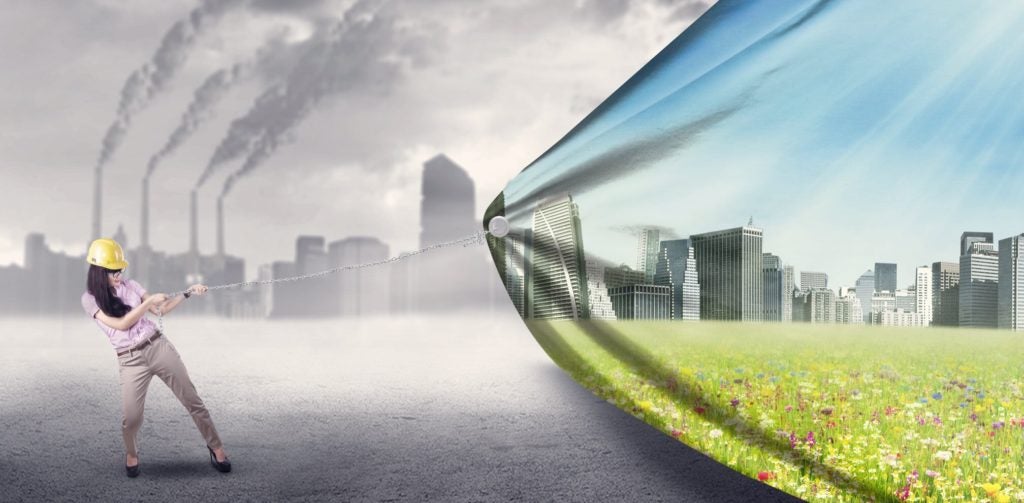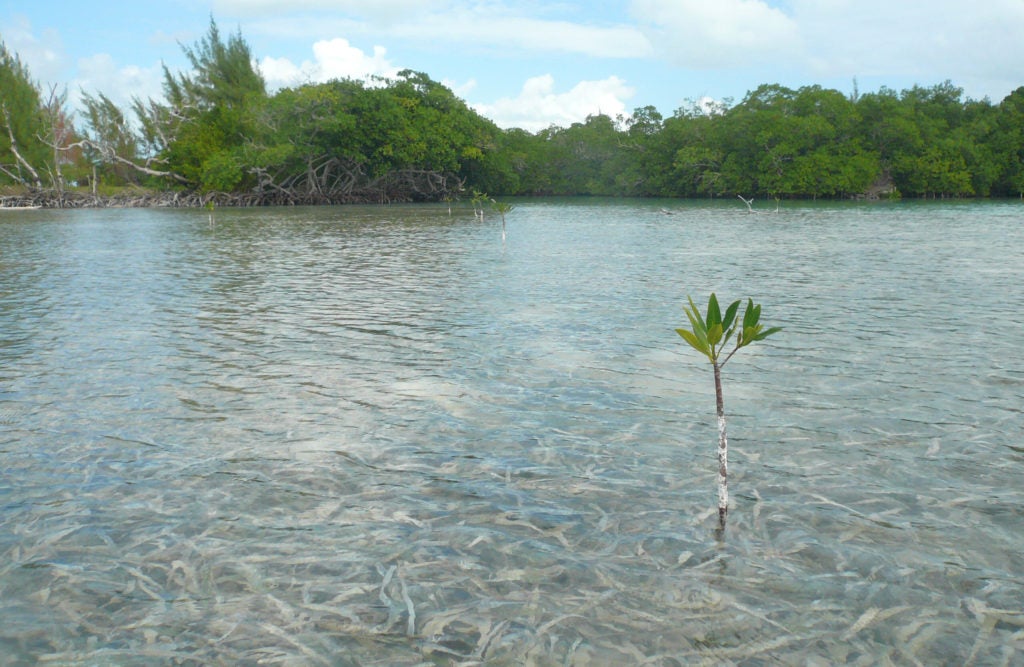Land conversion of forests to agriculture and pastureland is a major threat to biodiversity in Latin America and the Caribbean. Deforestation and slash-and-burn practices also strip the soil of its nutrients and of its capability to retain water. This results in soil erosion and watershed degradation, which in turn ultimately puts agricultural productivity and ecological … [Read more...] about Agroforestry & Sustainable Land Management in Haiti
Throwing corals a lifeline
Recently I was in Jamaica attending the Coral Lifeline workshop organized by the Centre of Marine Sciences from the University of the West Indies – I learned a lot including that coral reefs are critical!: These tropical rain forests of the marine world support 25% of fish species but cover only 0.2% of the world surface. Reef fish are economically important and sustain … [Read more...] about Throwing corals a lifeline
Three Reasons Not to Eat Parrotfish
After living in Jamaica for five years, every time I visit for work, I try to squeeze in whatever time I have to say hello to friends. On my last visit I was very fortunate to have meetings on both sides of the weekend allowing me to spend my off days in a familiar place with familiar people. My friends and I decided to take advantage of this rare opportunity and headed east … [Read more...] about Three Reasons Not to Eat Parrotfish
Three ways to improve the quality of infrastructure investments
We all agree that we want quality infrastructure, because we know that quality reduces project risks, increases availability and durability over a project’s lifecycle, improves customer experience and as such makes the infrastructure worth the investment. But how can we ensure quality? The IDB –as well as other development banks– uses a suite of safeguard policies to ensure … [Read more...] about Three ways to improve the quality of infrastructure investments
Back to the Mangroves – Wetlands and climate change
It had been a while since I had really crawled around in a mangrove wetland. Once you have climbed over the roots of a red mangrove, seen the pneumatophores (the roots that stick out of the ground like breathing tubes) of white mangrove, spotted blue crabs in abundance scurrying back into their holes to avoid capture, or taken in the “sweet” aroma of decaying organic … [Read more...] about Back to the Mangroves – Wetlands and climate change





